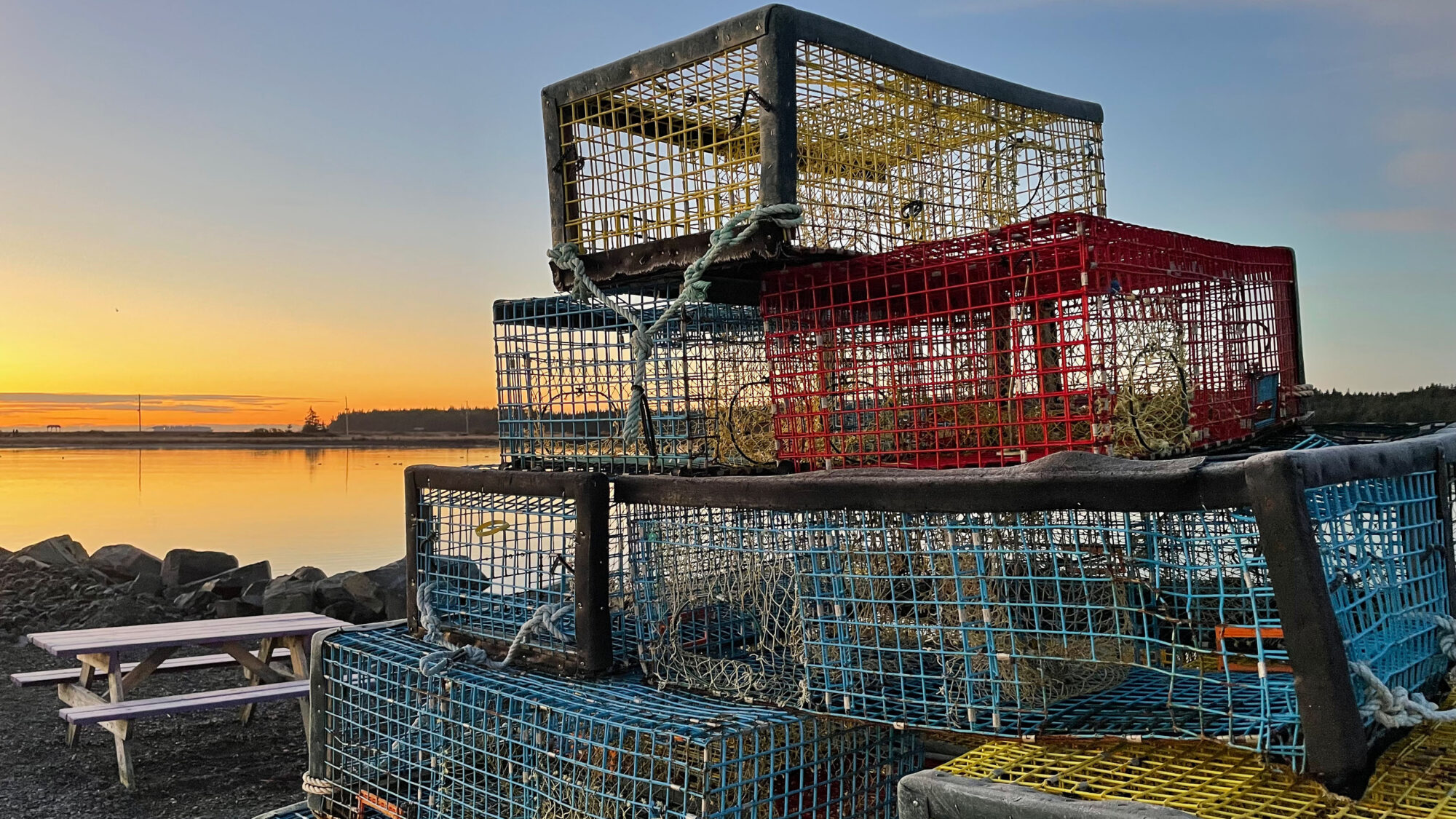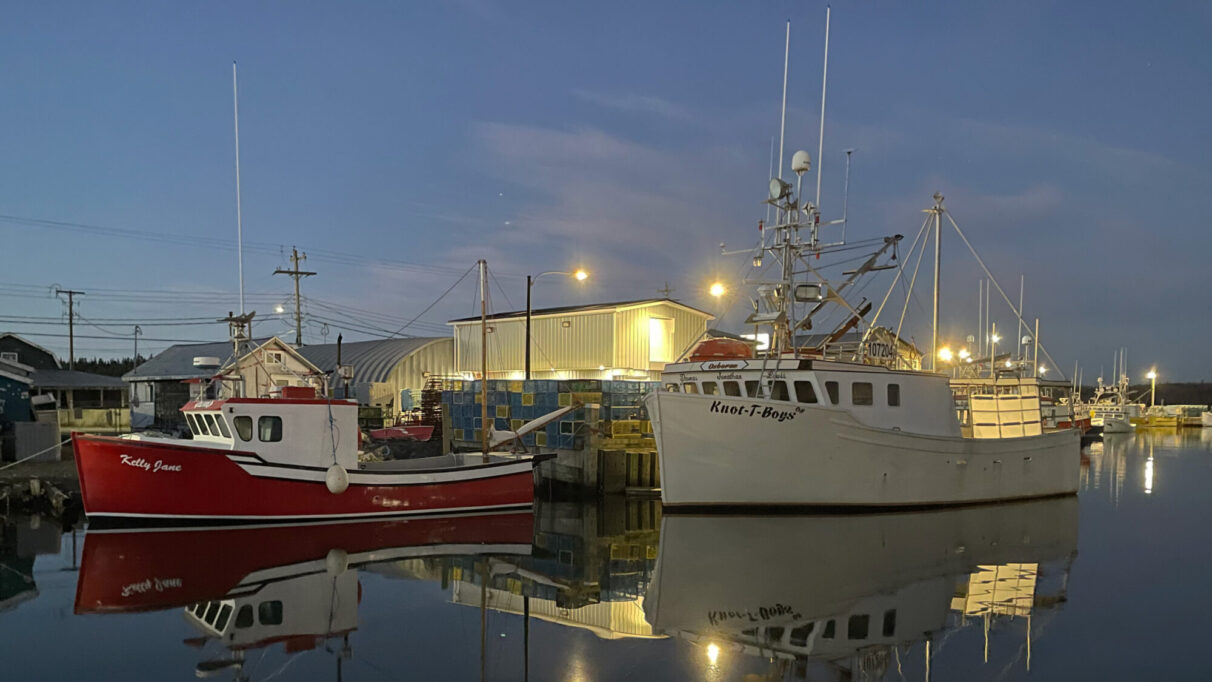Province announces new seafood compliance unit
Fisheries crime a global problem, says expert

caption
The new provincial compliance unit will target illegal activity in onshore seafood buying and processing, said the province on Monday.In advance of the province’s South Shore lobster fishery season, which opens on Nov. 24, the province has announced a new seafood investigation unit that will monitor the buying and selling of illegal seafood.
The unit, announced at a press conference in Yarmouth on Monday, will consist of four inspectors that will monitor, inspect and investigate offences related to onshore seafood sales and processing.
“A focused compliance unit will help stamp out illegal activity and boost the prosperity for all participants in the industry,” said Kris Vascotto, executive director of Nova Scotia Seafood Alliance, in a statement following the announcement.
Getting ahead of the curve
According to the province’s Department of Fisheries, close to 30 per cent of all lobster unloaded at port in Nova Scotia goes unreported. Vascotto said the province is “trying to get ahead of the curve to make sure this doesn’t become a systemic problem.
“The shore sector has been remarkably co-operative and collaborative in trying to address this problem,” he said. “We need the harvesting sector to stand up and solve the problem as well and that can only be done by the Department of Fisheries and Oceans,” referring to the federal fisheries agency.
University of Moncton sociology and criminology professor Véronique Chadillon-Farinacci, said there is “apparent under-policing” of the harvest and sale process. The challenge for the province, says Chadillon-Farinacci, is that it does not have jurisdiction over the harvest, which happens at sea.
“They seem to be not satisfied with (the federal) level so their only possible response is to focus on provincial infractions,” she said.
In an emailed statement to The Signal, a DFO spokesperson said, “Fisheries and Oceans Canada’s fishery officers have a strong presence on the water, as well as on-and-off the wharf to promote and enforce compliance with regulations and conditions of licence, to support the sustainability and orderly management of the fisheries in Nova Scotia.”
Though DFO were not involved in the creation of the new provincial compliance unit, the spokesperson said they look forward to working with the province and “expect to have conversations over the coming weeks to determine how best joint work can be carried out.”

caption
Fishing boats are tied up at dockside in Fisherman’s Cove in Eastern Passage. A new provincial enforcement unit will work with federal units to police Nova Scotia’s fisheries industry.The scope of the illegal fishery
Yves Goulet, a professor at the University of Ottawa and former DFO director of intelligence, says “criminality is actually rampant” in fisheries.
Though he said Nova Scotia’s new unit is “fairly limited with four officers,” there is an overall attitude of, “the more, the merrier” when it comes to combating non-compliance.
“There’s such a lack of fishery officers right now and the problems of compliance in the fisheries is so difficult,” he said.
The illegal fishery is “a global problem,” he adds. “There is overfishing. The stocks of fish actually are going down and going down fairly fast.
“Canada is also affected by this situation. If we don’t do anything, we’re going to actually have a serious problem with stocks that are actually, for now, in good shape.”
Lobster numbers are currently very sustainable, Goulet said, but cautioned that “it could actually go out of control” without good surveillance and adequate protection.
About the author

Tedi Buffett
Tedi Buffett is a reporter for The Signal and a masters student at University of King's College.
